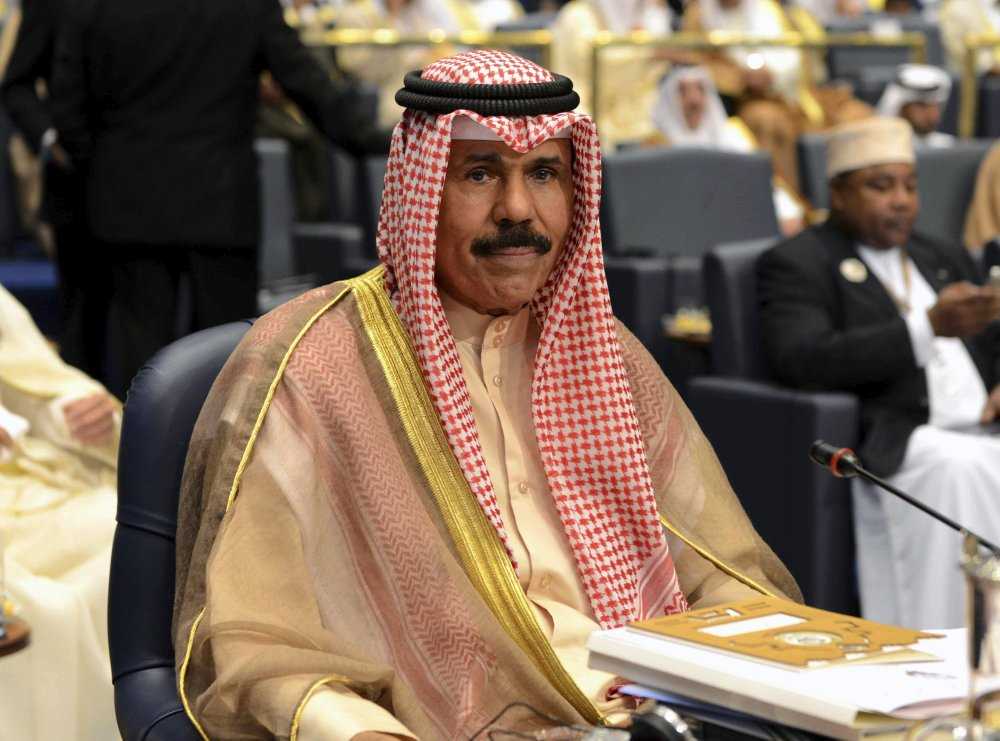Kuwait’s Sheikh Ahmad Nawaf Al Sabah has been reappointed as Prime Minister by an Emiri decree on Sunday, according to state media. As the son of the emir, Sheikh Ahmad’s first task is to form a new government following the resignation of the previous government in January.
The former Prime Minister Sheikh Ahmad Nawaf Al-Ahmad Al-Sabah submitted his cabinet’s resignation after weeks of tension with the National Assembly over requests to question two cabinet ministers. He had served as Prime Minister since July 2022, when he was appointed after the resignation of the previous government more than two months earlier.
What happened to the previous government of Sheikh Ahmad Nawaf Al-Sabah
Sheikh Ahmad Nawaf Al-Ahmad Al-Sabah’s cabinet was assembled in August, and he then restructured it in October after early elections. The September elections were welcomed by opposition politicians after several months of political deadlock. The mass resignation was sparked by a political impasse centred around a draft bill proposing the government take over personal and consumer loans of Kuwaiti citizens, a move later deemed too expensive. MPs offered to withdraw the bill if ministers raised wages in the country in return.
A long-running standoff between the government and the elected parliament has hampered efforts by the wealthy Gulf Arab oil producer to push through fiscal reforms, including a debt law allowing Kuwait to tap international markets. Crown Prince Sheikh Meshal al-Ahmad al-Sabah, who has taken over most of the ruling emir’s duties, moved last year to end feuding by naming Sheikh Ahmad as premier, dissolving parliament, and calling early polls, in which opposition members made gains.
However, tensions resurfaced when lawmakers pressed the government sworn in last October for a debt relief bill, under which the state would buy Kuwaiti citizens’ personal loans, and sought to question two ministers, prompting the government to resign in January.
Kuwait bans political parties but has given its legislature more influence than similar bodies in other Gulf monarchies. While Kuwait has strong fiscal and external balance sheets, frequent political bickering and institutional gridlock have hampered investment and reforms aimed at reducing its heavy reliance on oil revenues.
Image Credit: AP Photo/Nasser Waggi



















